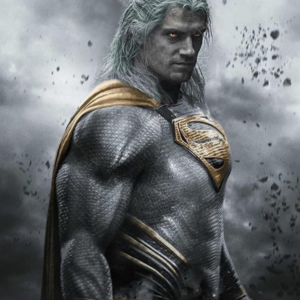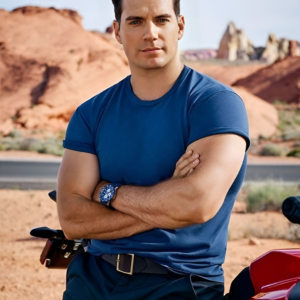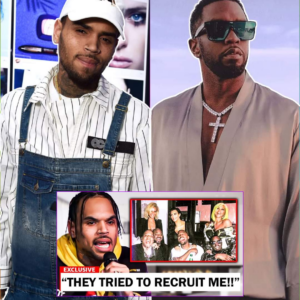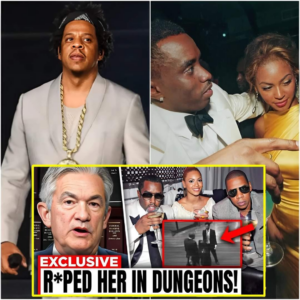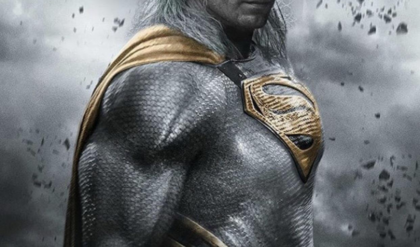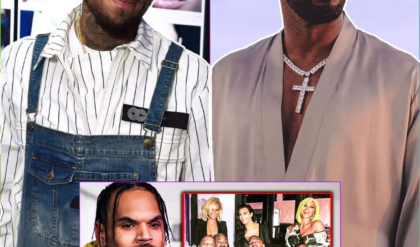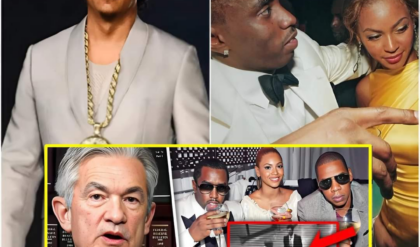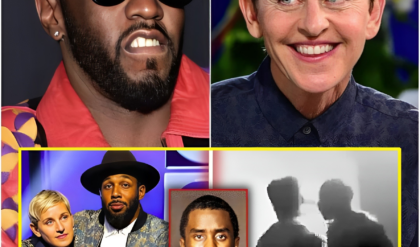
In an unexpected turn of events that has intertwined media, social commentary, and sports, Maria Shriver has encountered significant backlash, leading to the loss of brand deals worth millions. This follows her public denouncement of Harrison Butker’s commencement address at Benedictine College. Shriver, a journalist and Kennedy family member known for her advocacy on women’s issues and her influential media presence, has seen her recent remarks cause a polarizing effect, impacting her major brand partnerships.
Harrison Butker, the Kansas City Chiefs kicker, gave a commencement speech that ignited controversy with his pronounced views on gender roles, faith, and society. By criticizing various contemporary social movements and implying that women should primarily adopt roles as wives and mothers, Butker’s address was perceived by many as regressive in the progressive discourse on gender equality. Maria Shriver expressed her opposition on social media, emphasizing the speech’s potential damage to society’s view of women’s roles.
Shriver challenged the consequences of Butker’s statements, especially his stance on women’s life choices. Her counterargument on X (previously known as Twitter) served as both a defense of contemporary women’s accomplishments outside of home roles and a condemnation of Butker’s advocacy for traditionalism. She contended that such statements detract from the strides made toward gender equality and overlook the varied roles that women can and do choose to fulfill.
Following her public comments, several of Shriver’s endorsements came under scrutiny. Brands that previously aligned with her strong, progressive stance on women’s rights found themselves at the center of a heated public debate. The controversy led to a reassessment of their partnerships with Shriver, resulting in the termination of deals reportedly worth millions of dollars. This backlash highlights the increasingly complex nature of public figures endorsing or criticizing social and political views, where a single statement can lead to significant economic repercussions.
The brands involved have not publicly condemned Shriver’s views but have opted to distance themselves to avoid further controversy. This decision reflects a broader corporate tendency to maintain neutrality in polarized social or political issues, especially when financial stakes and public image are at risk. The move has sparked a debate about the balance between a brand’s values and its survival tactics in a hyper-connected world where consumer reactions can be swift and impactful.
This incident underscores the precarious position of public figures like Shriver, who leverage their platforms to influence social discourse but must also navigate the risks of such visibility. It raises questions about freedom of speech, the responsibilities of influencers, and the expectations of brands that engage with them. Moreover, it highlights the potential consequences of speaking out on contentious issues, illustrating how quickly professional relationships can be affected by public and corporate reactions to personal stances.
The public response to Shriver’s situation has been mixed. Some applaud her courage in standing by her convictions despite the personal and professional costs, viewing her as a martyr for women’s rights and free expression. Others criticize her for what they see as an unnecessary attack on a speech that aligns with Butker’s and, by extension, some of the public’s values. This division mirrors the larger societal split over gender roles, free speech, and the role of public figures in shaping societal norms.
Shriver’s ordeal is a powerful reminder of the influence wielded by celebrities and media figures. It also serves as a cautionary tale about the volatility of public opinion and the rapid pace at which it can change. As society grapples with these issues, the narratives shaped by public figures will undoubtedly continue to influence cultural and social dynamics significantly.
Maria Shriver’s loss of brand deals following her comments on Harrison Butker’s speech is a complex tale of media, morality, and money. It highlights the challenges faced by those in the spotlight who wish to speak out on issues they are passionate about, while also maintaining their livelihood. As the dust settles, the incident serves as a stark reminder of the powerful interplay between celebrity influence, corporate interests, and societal values in shaping the modern cultural landscape.
News
Henry Cavill’s Witcher & Superman Replacement Already Avoided The Mistake That Killed The Original Franchise – S
Henry Cavill already has a replacement for The Witcher and Superman thanks to his role in the Highlander reboot, and this is already avoiding the mistake that killed the original franchise. Henry Cavill is one of the most popular action stars thanks to his roles in movies…
Goodbye DC and Superman, Henry Cavill reveals his favorite role if he joins MCU – S
Henry Cavill has expressed his favorite role if he has the opportunity to collaborate with Marvel Studios. Henry Cavill has officially said goodbye to the role of Superman after the DCEU ends at the end of 2023 to open a…
Kim Kardashian Goes Into Hiding After Freak0ff Video Of Her And Diddy Gets Leaked Ok, so things just got a whole lot messier for Diddy. The world witnessed him in his true form as a video of him putting his hands on Cassie made rounds on the internet. – S
It made a lot of folks hella uncomfortable. But as Diddy’s future started to look grim, he thought of a strategy. What’s worse than Diddy being exposed for his crimes? Fans discovering names of beloved celebrities who knew about…
Chris Brown LEAKS The List Of Major Names INVOLVED in Diddy’s Ab*se! | DIDDY IS DONE! – S
**Diddy’s Troubles: Allegations and Revelations** Sean “Diddy” Combs, the music mogul behind Bad Boy Records, finds himself embroiled in a storm of controversies and allegations that threaten to tarnish his reputation irreparably. The latest revelations, sparked by comments from…
HOT NEWS: The Feds LEAK New EVIDENCE of Jay Z P!MPING Beyonce To Diddy?!? – S
The Feds LEAK New EVIDENCE of Jay Z P!MPING Beyonce To Diddy?!? Amidst the swirling vortex of celebrity gossip and scandal, a bombshell revelation has sent shockwaves rippling through the entertainment industry. The latest development involves none…
Kanye Leaks Footage Of Drake Getting Clapped By Lucian Grainge – S
Kanye Leaks Footage Of Drake Getting Clapped By Lucian Grainge Girl, Kanye is back at exp0sing shady celebs, and y’all know that whenever Drake spills the tea, he ALWAYS comes correct with the tea. He has a track history…
End of content
No more pages to load
